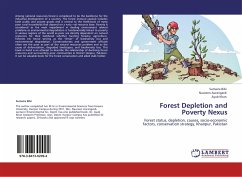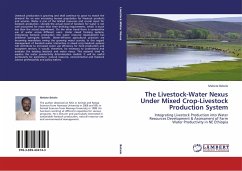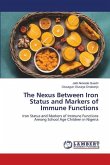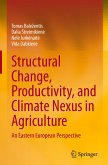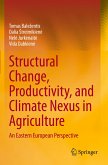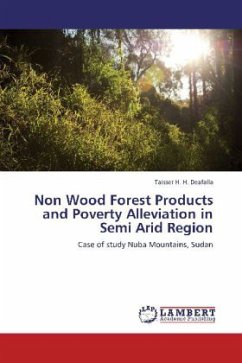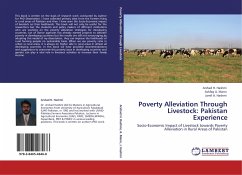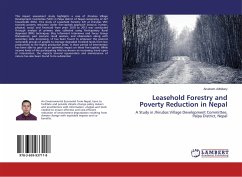Among national resources forest is considered to be the backbone for the industrial development of a country. The forest (natural capital) includes both public and private goods and is central to the livelihoods of many poor rural households that depend on a natu ral resource base. Poverty is considered as the main impediment in dealing environment related problems as environmental degradation is fundamentally linked to poverty in various regions of the world as poor are directly dependent on natural resources for their livelihood whether hunting forestry, agriculture, fisheries etc hence serving as the driver of biodiversity loss and environmental degradation. Conservationists and government officials often see the poor as part of the natural resources problem and as the cause of deforestation, degraded landscapes, and biodiversity loss. This book in hand is an attempt to describe the relationship of declining forest resources and surrounding poor communities in District Haripur, Pakistan. It can be valuable book for the forest conservation and allied stalk holder.

